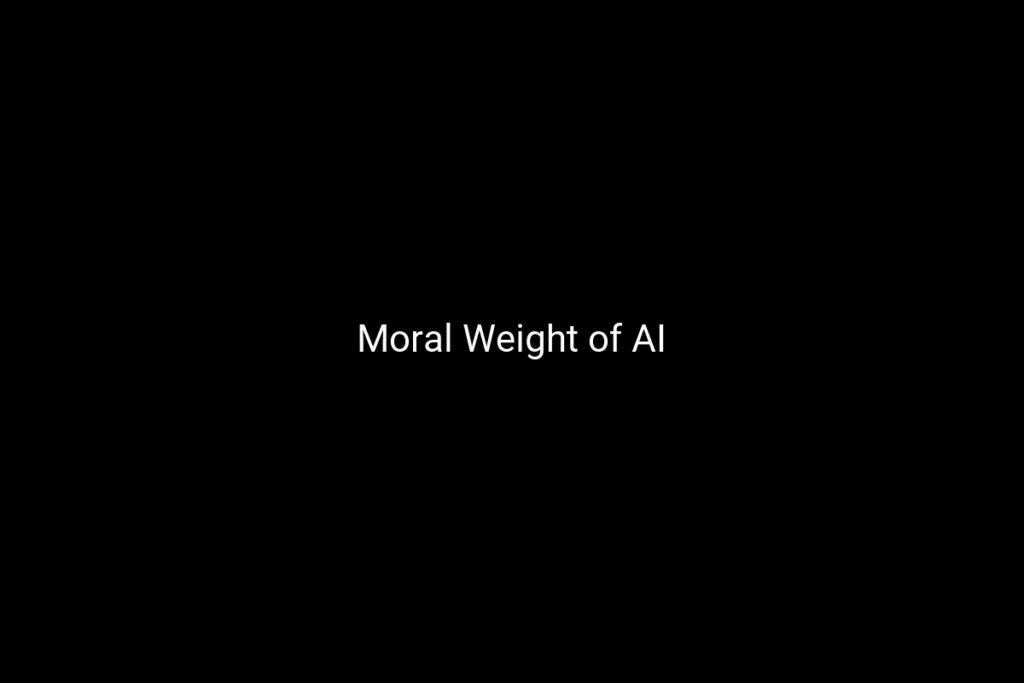We call the intelligence of a machine “Artificial,” but why do we do this? What makes our intelligence any more real? Computers of today could very likely mimic every action of a simple biological organism. If the intelligence of a fish could be programmed into a computer and this “Artificial” brain has the capacity to do everything that the biological brain does why then is it deemed inferior? If one causes pain to an animal all one is doing is stimulating nerve endings in a way in which they send a signal which is interpreted as a negative effect and will then attempt to make a reasonable decision as to how to react to such a stimulus. One may say that biological beings truly feel pain and have emotions but all these things simply exist as a development of the brain to keep up the progression of a species. Pain, pleasure, and emotions are electrical signals and chemical reactions inside one’s body that work to help us understand and react to outside stimuli. A computer can exist which uses electrical impulses to see outside itself and react to its environment accordingly. One may state that computers only do what they are made to do. They are capable of what one makes them capable of. What is not realized is that all organisms, including humans, follow these same rules. We are bound by the capabilities of our mind and our external sensors and we can only do what we are made to be able to do through the advances of evolution.

Humans cannot continue to raise themselves above all other beings in the universe. We are simply biological machines. We can be created and destroyed and are susceptible to everything that a machine is susceptible to such as physical trauma and invading beings(viruses). The material used to construct a mind should not be a consideration in deciding sentience and whether or not ethics should be applied to to it. We will soon be able to create biological beings by altering our own genetics. These beings can be healthier, more intelligent, and more physically able than ourselves. Should these beings still be included in our moral beliefs after we have altered, and in effect, created them? What if we created a being from scratch that was very similar to humans in both physical and mental areas. Is this too far to be able to treat this being as a moral equal? There is no distinct point at which a being loses its moral rights because of the amount of alteration it has received. If sentience is the chosen guideline for deciding moral weight then all beings of sentience must be included, biological, mechanical, or anything else that may come into existence at some point in time.

Recent Comments